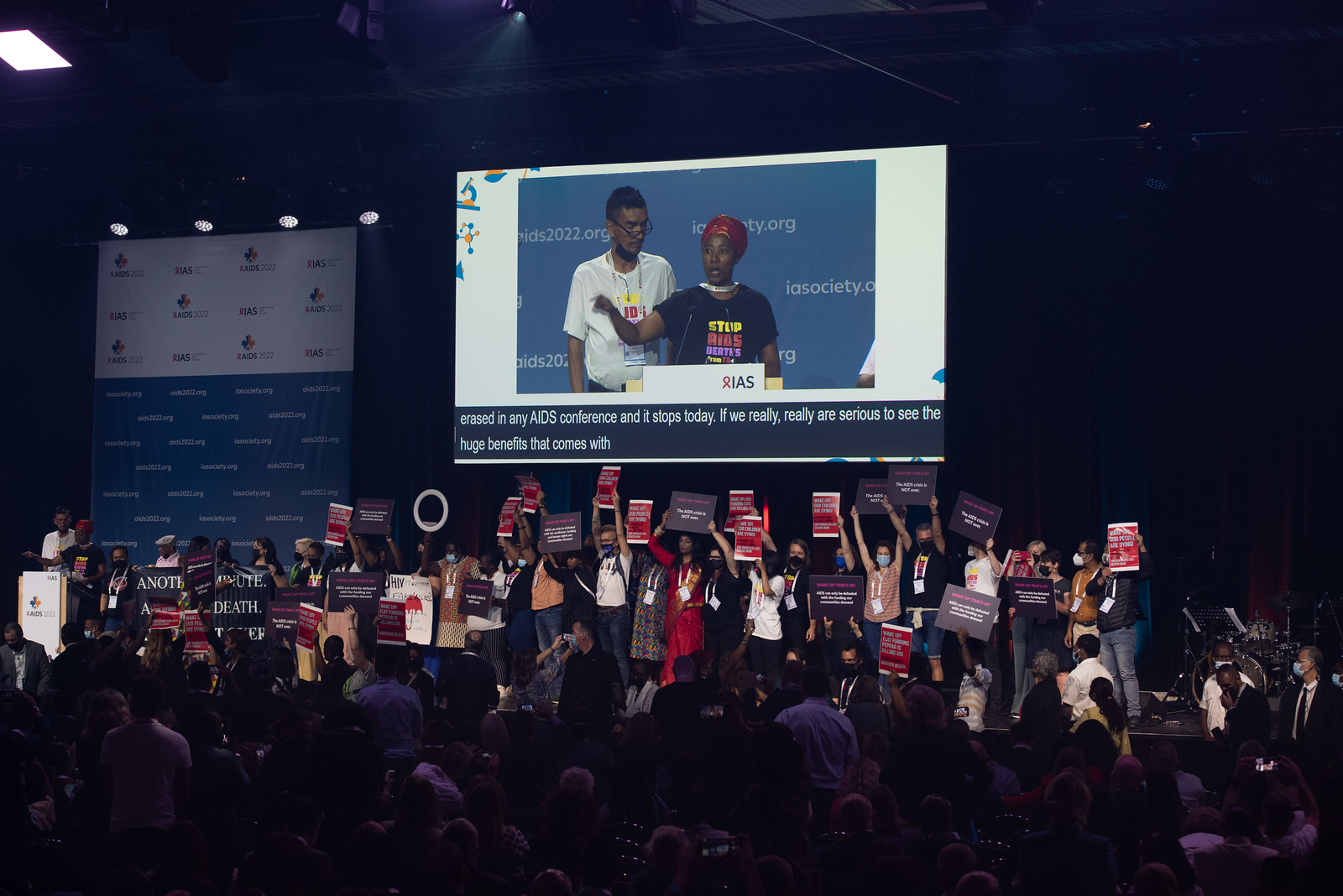AIDS 2022: Coming together for the 24th International AIDS Conference in Montreal

“We will convene with the theme, re-engage and follow the science, to counter any apathy and clarify that we still have a long road to travel.”
AIDS 2022 came to a close last week, with a jam packed five-day program of emerging research and learnings from around the globe. This year’s theme, ‘reengage and follow the science’, prompts us to take stock of the setbacks that many regions experienced due to the impact of the COVID-19 pandemic, and move forward together with refreshed determination.
Coming together has become more difficult over the past few years as a result of the COVID-19 pandemic, not just for in-person events, but also in terms of a unified global approach to HIV. The pandemic has magnified inequalities in local and international healthcare systems. UNAIDS data released in anticipation of AIDS 2022 tells us that approximately 1.5 million new infections occurred last year – over 1 million more than the global targets. These infections are unequally distributed, with widening inequalities within and between countries. Moving forward, equal access and inclusion will be key to successfully tackling AIDS locally, regionally and internationally.
“We can end AIDS by 2030 as promised, but what it takes is courage.” – Winnie Byanyima, Executive Director of UNAIDS.
AIDS 2022 offered community leaders a chance to get the response back on track. With a focus on national action and international solidarity, we can still meet the aim of the Political Declaration on HIV and AIDS: to end AIDS by 2030.
The roadmap to success requires community-led, people-centred services; a focus on human rights and the tackling of stigma; the empowerment of girls and women; equal access to treatment, health services, education, and social protection for all.
We are proud to celebrate the contributions of of community members Tim Krulic, Living Positive Victoria Health Promotion Officer, and Graham Brown, Associate Professor, Research and Evaluation Director at the Centre for Social Impact UNSW. Together, Tim and Graham presented two online abstracts at AIDS 2022 that uniquely address and chart the way forward for community-led, people-centred services.
Valuing expertise
How can peer navigation improve the HIV service environment in Victoria? This research project explores community and clinical collaboration in an Australian HIV peer navigation program. Through interviews and focus groups, it was found that PLHIV highly value peer guidance to navigate the emotional and practical complexities of a new HIV diagnosis. Peer navigation programs, like those offered at Living Positive Victoria, provide stronger continuity of care between clinical and community services in Victoria, bridging the gap between people and health systems.
Navigating quality of life
How can peer workers improve quality of life for PLHIV in Victoria? This research project explores effects of a peer navigation program for PLHIV in Australia. Using a participatory approach, the value and impact of various aspects of peer navigation programs were evaluated. These findings will guide similar programs in the future to be more impactful and improve experiences for our community going forward.
The feature photo for this article is from the Opening Session of the 24th International AIDS Conference, Montreal, Canada on Friday, 29 July.
Photo©Marcus Rose/IAS.